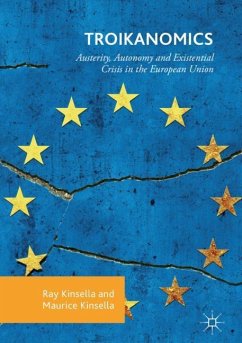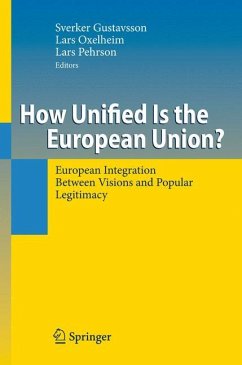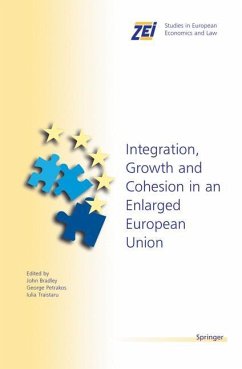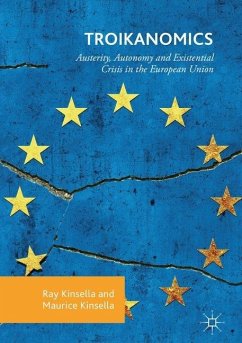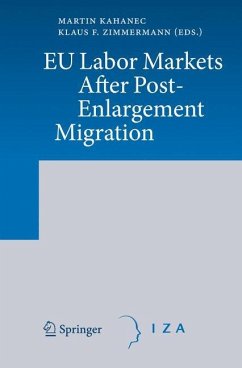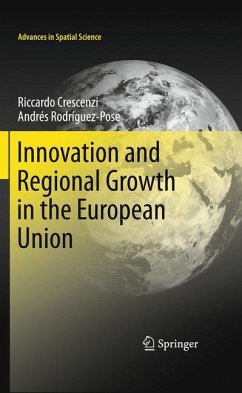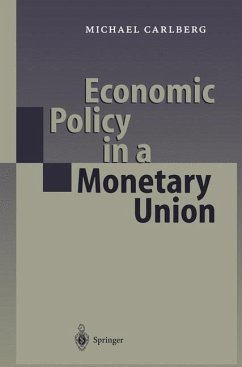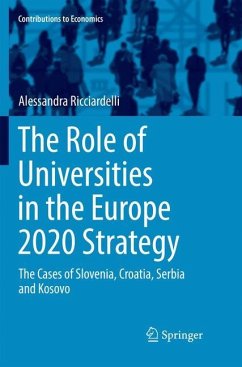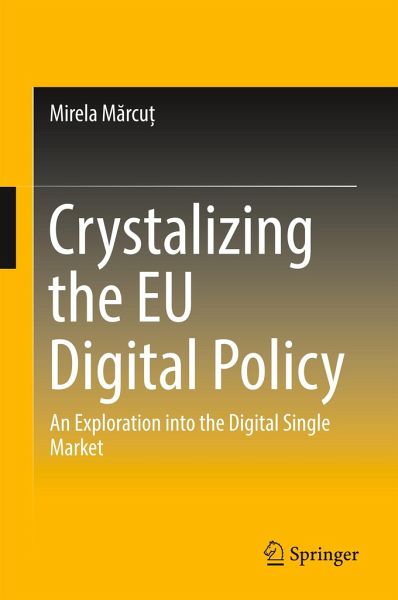
Crystalizing the EU Digital Policy
An Exploration into the Digital Single Market
Versandkostenfrei!
Versandfertig in 6-10 Tagen
91,99 €
inkl. MwSt.
Weitere Ausgaben:

PAYBACK Punkte
46 °P sammeln!
This book explores the intricate connection between the Single Market, characterized by the freedom of movement of goods, services, capital and labor within and across Europe, and the Digital Single Market, the virtual space that promotes freedom of movement of information and data. Both a result and catalyst of the Single Market, the Digital Single Market has become a different space from the Single Market, as the former is based on the application of information and communication technologies (ICTs), while the latter is the result of concerted actions and concessions by Member States in the ...
This book explores the intricate connection between the Single Market, characterized by the freedom of movement of goods, services, capital and labor within and across Europe, and the Digital Single Market, the virtual space that promotes freedom of movement of information and data. Both a result and catalyst of the Single Market, the Digital Single Market has become a different space from the Single Market, as the former is based on the application of information and communication technologies (ICTs), while the latter is the result of concerted actions and concessions by Member States in the European Union. The author argues that, similar to the Single Market, the Digital Single Market is an instrument, built by the influence of the Internet, which can provide a new means of socio-economic growth and development in Europe.
While sharing many similar characteristics, the Single Market and the Digital Single Market diverge in important aspects, particularly with respect to policy. The research analyzes the interaction between policy actors, their influence in the European decision-making process, and their interests in order to establish a digital policy model, in comparison with market policy. Moreover, this volume considers the implementation process and the success of such initiatives under the current policy model, and puts forward policy recommendations. Ultimately, the author considers the utility of such research on digital policy, considering the current focus on migration, vulnerabilities to internal challenges (e.g., Brexit) and security threats, maintaining that the discussion of digital policies relates to an innovative vision of the European integration process and prospects for its future.
While sharing many similar characteristics, the Single Market and the Digital Single Market diverge in important aspects, particularly with respect to policy. The research analyzes the interaction between policy actors, their influence in the European decision-making process, and their interests in order to establish a digital policy model, in comparison with market policy. Moreover, this volume considers the implementation process and the success of such initiatives under the current policy model, and puts forward policy recommendations. Ultimately, the author considers the utility of such research on digital policy, considering the current focus on migration, vulnerabilities to internal challenges (e.g., Brexit) and security threats, maintaining that the discussion of digital policies relates to an innovative vision of the European integration process and prospects for its future.






